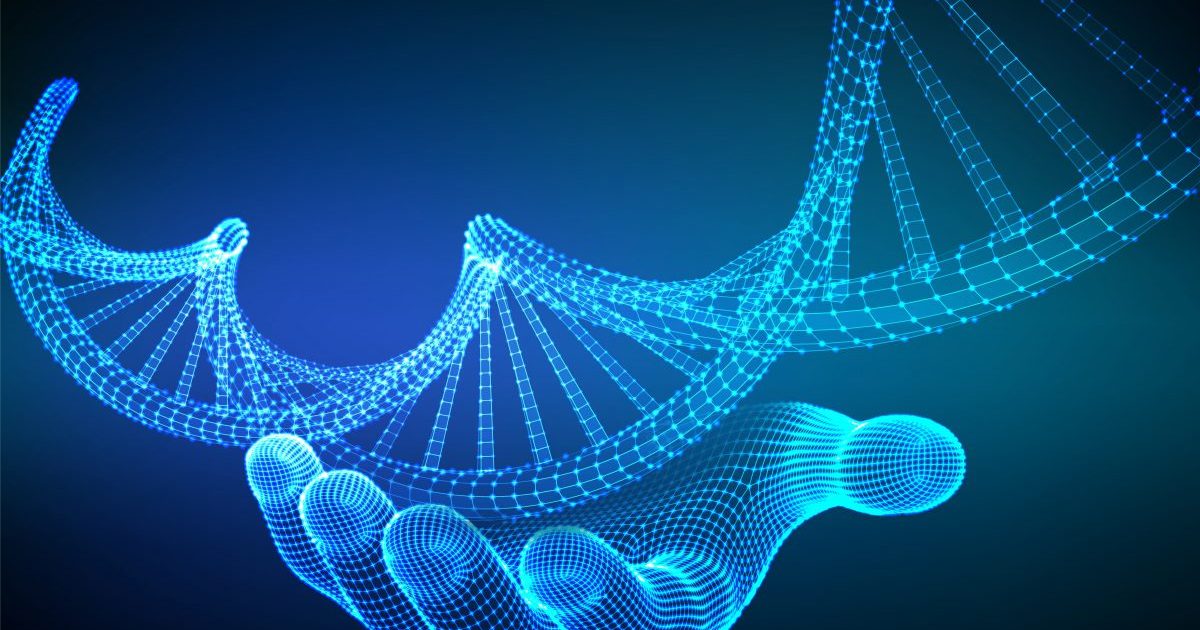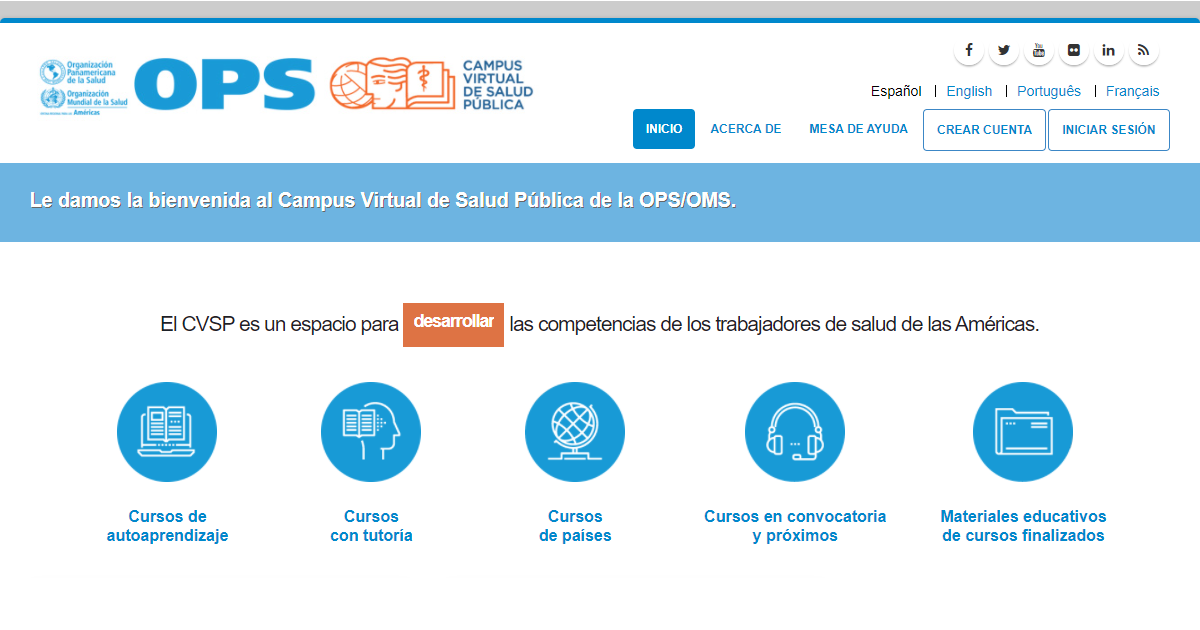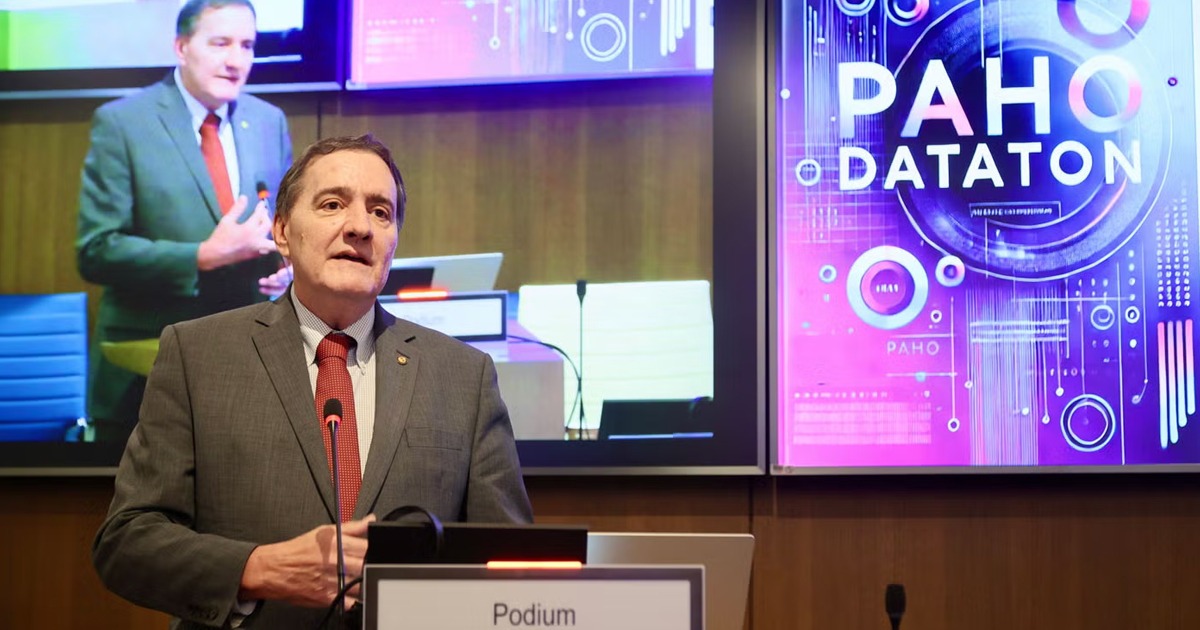Precision medicine or personalized medicine is an approach to the prevention and treatment of diseases that takes into account the individual, genetic, environment-related and lifestyle variables of each patient.
It has achieved the adoption of personalized approaches through more exact and complete knowledge of both patients and diseases. Genomics and genetics play a key role in this approach, since it is through them that ideal treatments for each patient can be identified.
However, precision medicine is not limited to genetics alone, since the application of new technologies, such as machine learning models, big data, advanced imaging, robotic surgery, among others. Furthermore, precision medicine incorporates patient stratification, detailed data analysis, and targeted therapy.
Regarding the applications of this approach, its application is more common in the area of oncology, since it is one of the specialties with the largest number of clinical trials and studies called precision oncology.

In this sense, precision medicine in cancer treatment directs its capabilities to find genetic markers of the patient's type of cancer, as well as tumor characteristics.
Some examples of oncology precision medicine are next-generation sequencing to identify genetic changes in the DNA of tumors; or the analysis of large-scale genetic profiles to determine patterns that could predict cancer.
Another application of precision medicine is in the area of emergency medicine, and especially in pre-hospital care. In the emergency area, time is always a limitation, therefore, the application of technologies such as Artificial Intelligence or machine learning are key to its development.
Likewise, it has other specific applications such as the acquisition, management and distribution of medical images. Or the application of natural language and automatic learning in triage, which allows prioritizing patients in the emergency room who require admission to
Dr. Theodoros Aslanidis, in his article Precision Medicine in Emergency Medicine, explains that: “Precision medicine methods can change all aspects of medical care: individual approach to those in need, precision public health, education precision medicine along with education on precision medicine and health care systems.”





